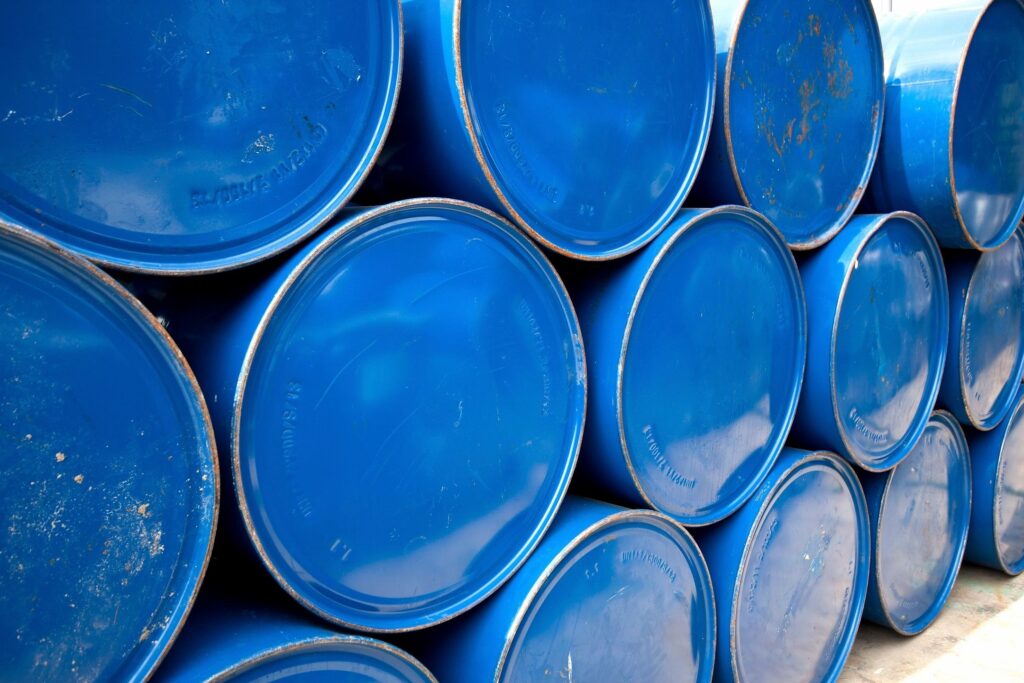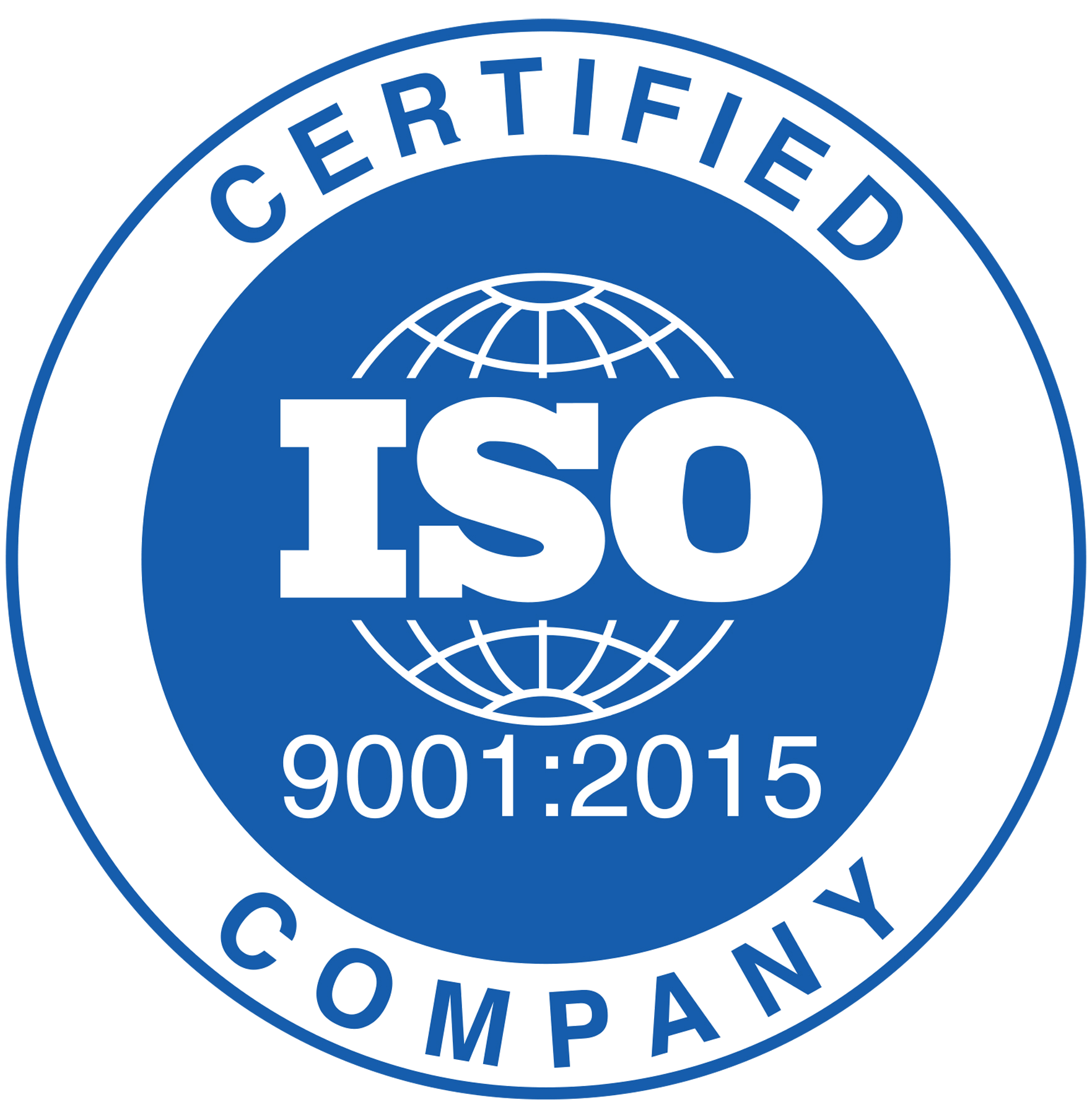Over the past several years, there has been a clear global trend for regulatory agencies to push for the substitution of Trichloroethylene (TCE) and Perchloroethylene (PERC) with more environmentally responsible alternatives. This can be a daunting task for those using TCE or PERC as a critical part of their solvent cleaning operations, however there are viable alternatives available.
NEXT-HD Pro is a replacement solvent for TCE and PERC. NEXT-HD Pro is Enviro Tech’s newest 1,2 trans blend using no HFC’s. This solvent blend is perfectly suited for vapor degreasing in modern equipment and general cleaning. Its solvency for hydrocarbon soils is superior to most similar high-trans fluorinated solvent blends. With a high KB value of 94, it can reliably replace other cleaning solvents such as n-propyl bromide (nPB) and trichloroethylene (TCE). It can also be used as a carrier fluid for deposition of materials such as silicone and other lubricants.
NEXT-HD Pro has broad spectrum cleaning capability for many types of contaminants including cutting oils, heavy greases, stamping oils, gear oils, hydraulic oils, vacuum oils, mineral oils, waxes, and cutting oils.

Contaminants Removed
• Adhesives
• Buffing Compounds
• Cutting Oils
• Greases
• Hydraulic Oils
• Silicone Oils
• Waxes/Pitch
• Drawing Oils
• And Many Others….
• Zero Surface Residue
• Low Surface Tension
• Low Viscosity
• NON-Flammable
• NO Flash Point
• High Solvency
NEXT-HD Pro ingredients are listed acceptable by the U.S. EPA under the SNAP program as a substitute for ozone depleting substances, are not subject to SARA Title III (EPCRA) reporting regulation. It is not considered a Hazardous Air Pollutant (HAP) and therefore is not regulated under NESHAP.
Spent NEXT-HD Pro is not considered hazardous waste in the US as long as a hazardous material is not deposited into the solvent during the cleaning process.
• Zero Ozone Depletion
• GWP of 87
NEXT-HD Pro is compatible with most polymers and elastomers typically encountered during cleaning and vapor degreasing of precision parts, electronics, etc.
The solvent is also compatible with steel, aluminum, titanium, and every other metal commonly used in precision parts manufacturing.

